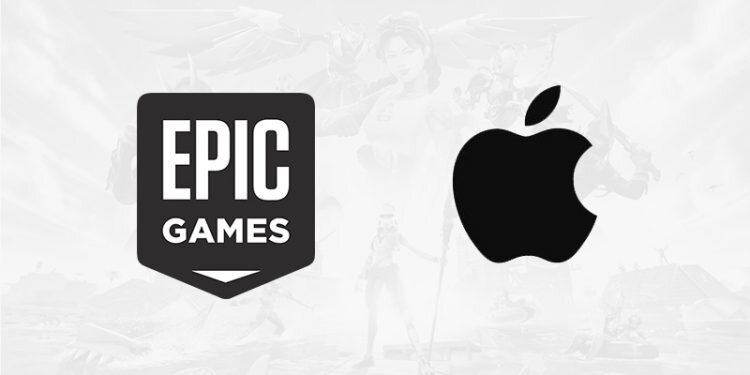THE DISPUTE
On the morning of August 13, 2020 for the first time, Apple mobile device users were offered competitive choice. Epic added a direct payment option to its popular game Fortnite, giving players the option to continue making purchases using Apple’s payment processor or to use Epic’s direct payment system which in turn enabled Epic to pass along its cost Savings by offering its users a 20 % reduction in in-app prices as shown below. Fortnite users on iOS, for the first time, had a competitive alternative to Apple’s Payment solution,

